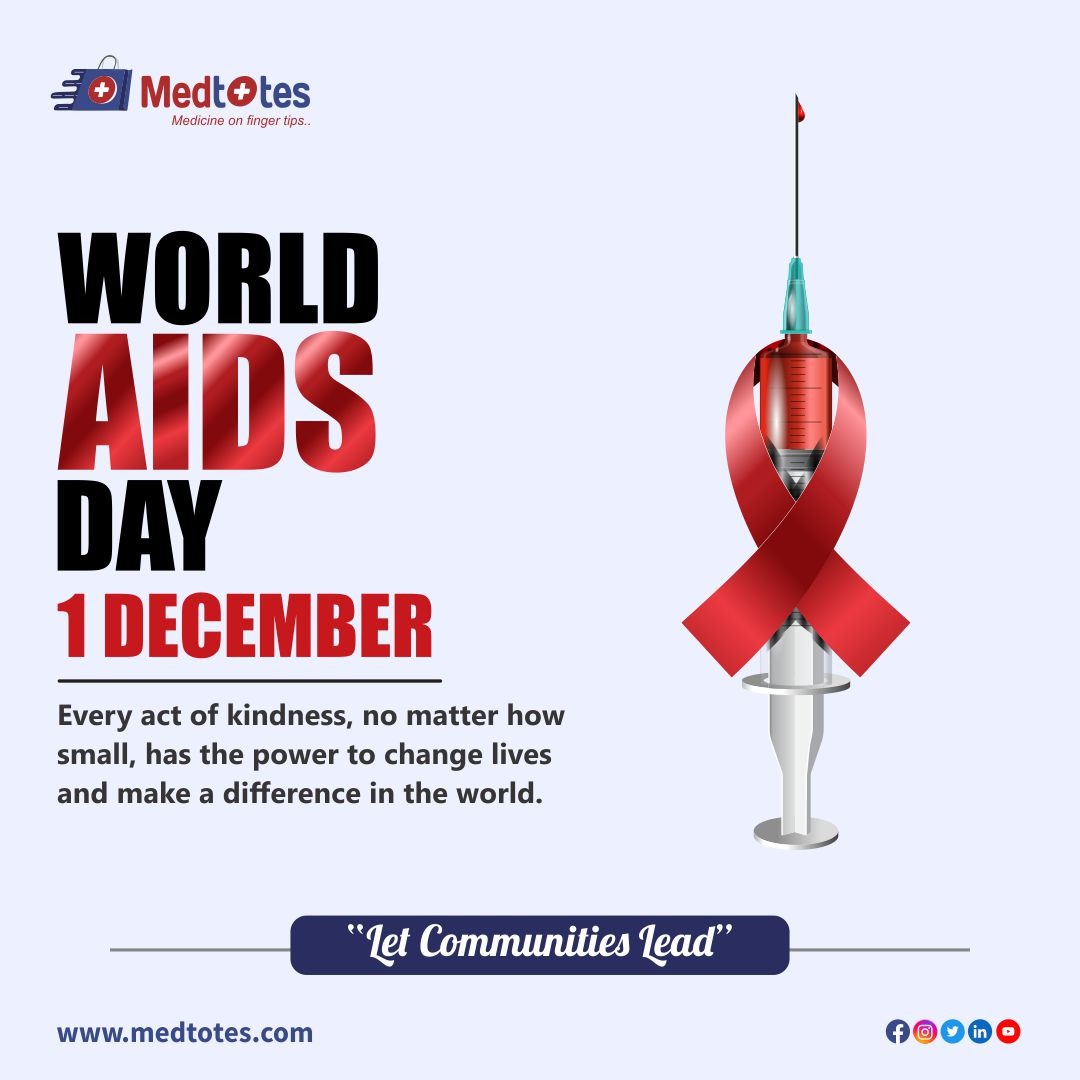I. INTRODUCTION
World AIDS Day, observed on December 1st every year,t, is a global health event dedicated to boosting HIV/AIDS awareness and offering solidarity for those afflicted by the illness.It serves as a reminder of the ongoing struggle against HIV/AIDS, as well as the need of continuing efforts to prevent new infections, offer treatment access, and promote education and awareness.The World Health Organization (WHO) founded World AIDS Day in 1988 in response to the rising pandemic and to unify people worldwide in the battle against HIV/AIDS.
II. UNDERSTANDING AIDS
AIDS, also known as Acquired Immunodeficiency Syndrome, is a potentially fatal disorder caused by the HIV virus, which weakens the immune system, exposing people vulnerable to infections and diseases. It is typically spread by unprotected sexual contact, needle sharing, and transmission from mother to child during delivery or nursing.
Raising HIV/AIDS awareness is critical in addressing the stigma and discrimination that still surrounds the disease. We can break down the obstacles that hinder people from seeking testing, treatment, and support by encouraging information and understanding. It is critical to foster an environment of acceptance and empathy in which persons living with HIV/AIDS are not judged.
III. EARLY DIAGNOSIS AND TREATMENT OPTIONS
- Early diagnosis of HIV/AIDS is crucial, as it allows for prompt medical intervention and increases the chances of successful treatment.
- Early detection can also help prevent the further spread of the virus, as individuals can be educated on safe practices and take necessary precautions.
- Treatment options for HIV/AIDS have significantly improved over the years, with antiretroviral therapy (ART) being the most common and effective form of treatment.
- ART not only helps individuals with HIV/AIDS live longer and healthier lives but also reduces the risk of transmission to others.
- Therefore, promoting early diagnosis and ensuring access to treatment options are vital steps in controlling the HIV/AIDS epidemic.
IV. CONCLUSION
In conclusion, Early detection and access to effective treatment are crucial for combating the HIV/AIDS epidemic. Advancements in antiretroviral therapy can improve life expectancy and reduce transmission risk, making it essential to promote early diagnosis and treatment availability

